Programme
All presentations in German [DE] - except for the parallel sessions - will have simultaneous interpretation into English.
Registration and networking with coffee and snacks
Opening of the German Conference on Disaster Risk Reduction
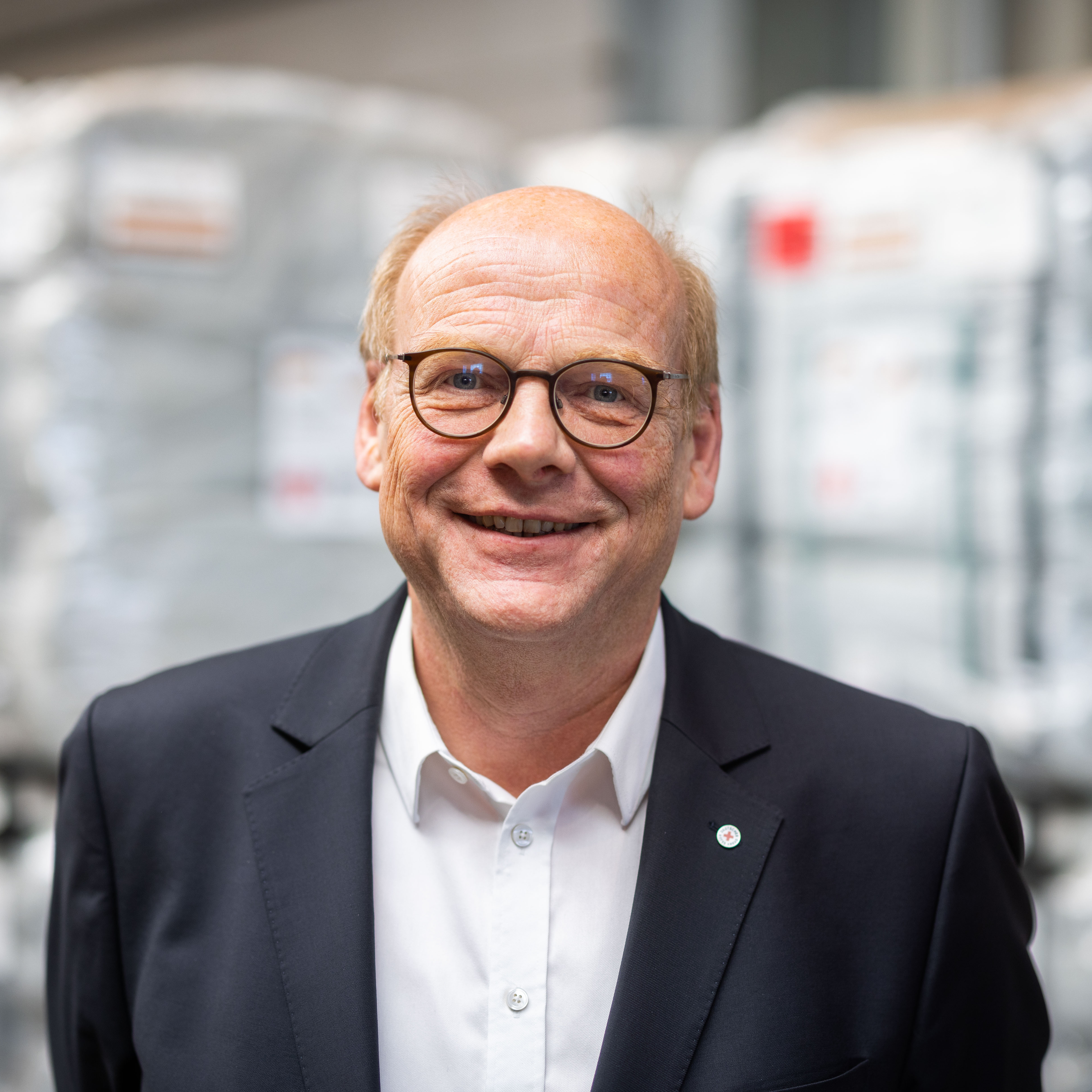
Christof Johnen
German Red Cross
Director of International Cooperation
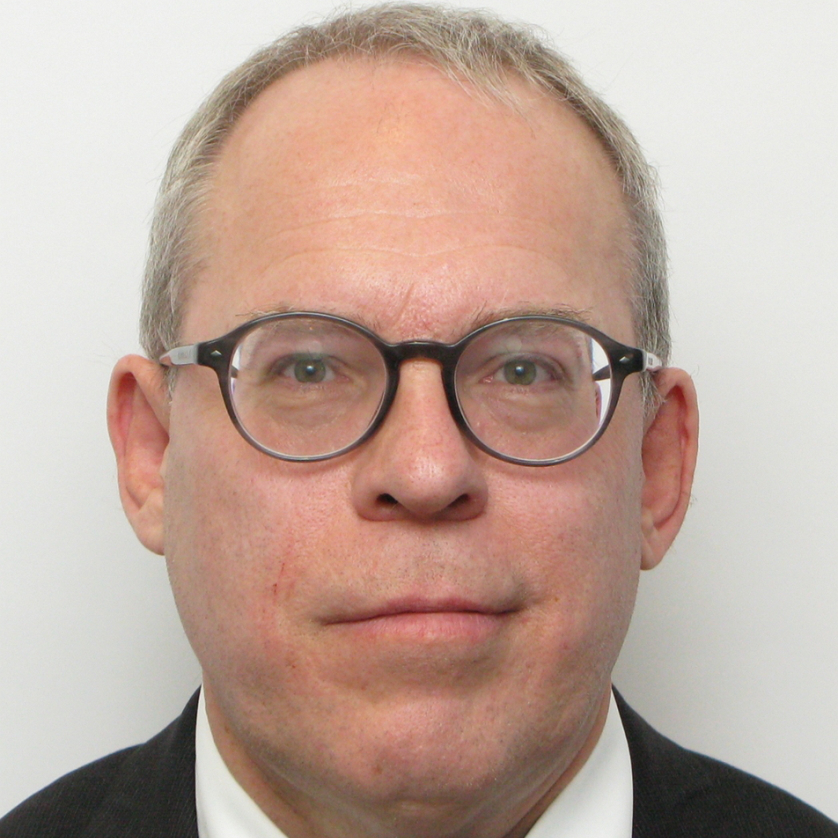
Marcus Hicken
German Federal Foreign Office
Director for Energy Diplomacy; Climate and Security
Setting the Stage: Expert Insights
Christiane Heiss
Federal Ministry for the Environment; Nature Conservation; Nuclear Safety and Consumer Protection (BMUV)
Division Fundamental Issues; Strategy; and Legal Affairs of Climate Change Adaptation
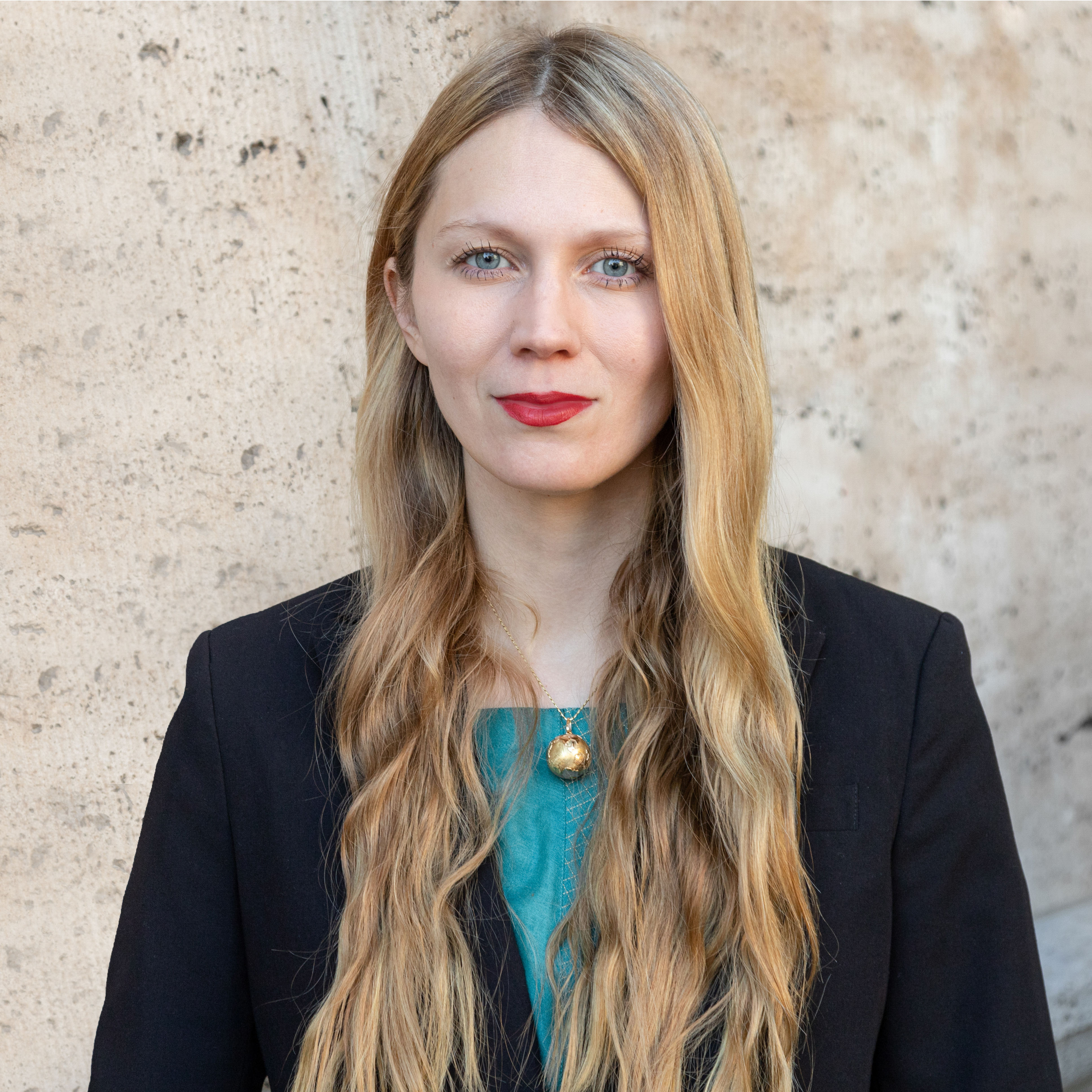
Dr. Kira Vinke
German Council on Foreign Relations (DGAP)
Head
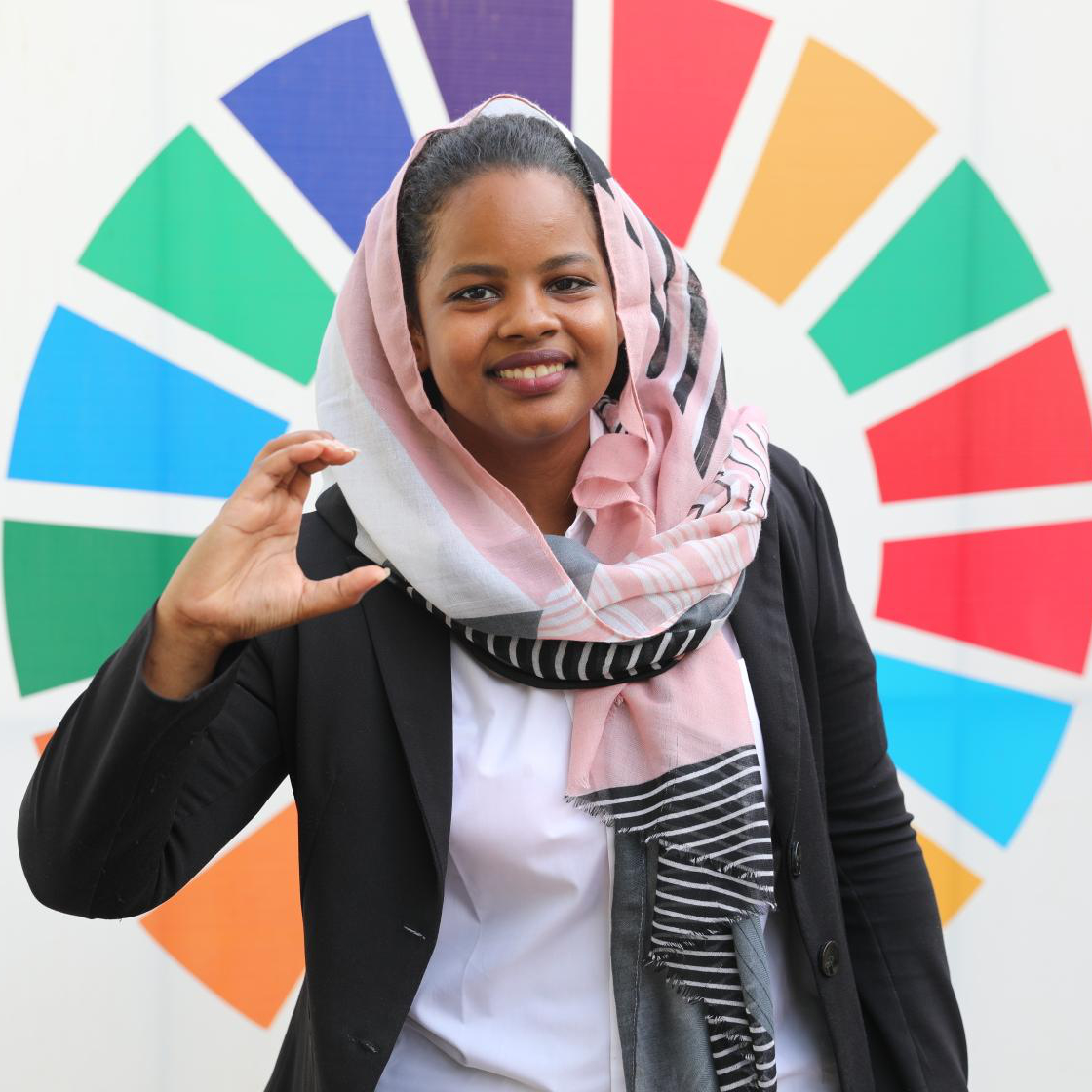
Nisreen Elsaim
UN Secretary General Youth Advisory Group on Climate Change
Former chair
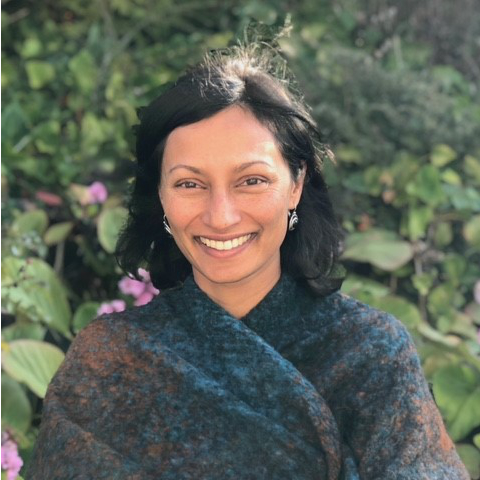
Sanjula Weerasinghe
International Federation of the Red Cross and Red Crescent Societies
Global Migration and Displacement Coordinator - Department of Disaster; Climate and Crises
Transition to Sessions
Parallel Sessions
Lunch break
Up-to-date: News on the implementation of the German resilience strategy
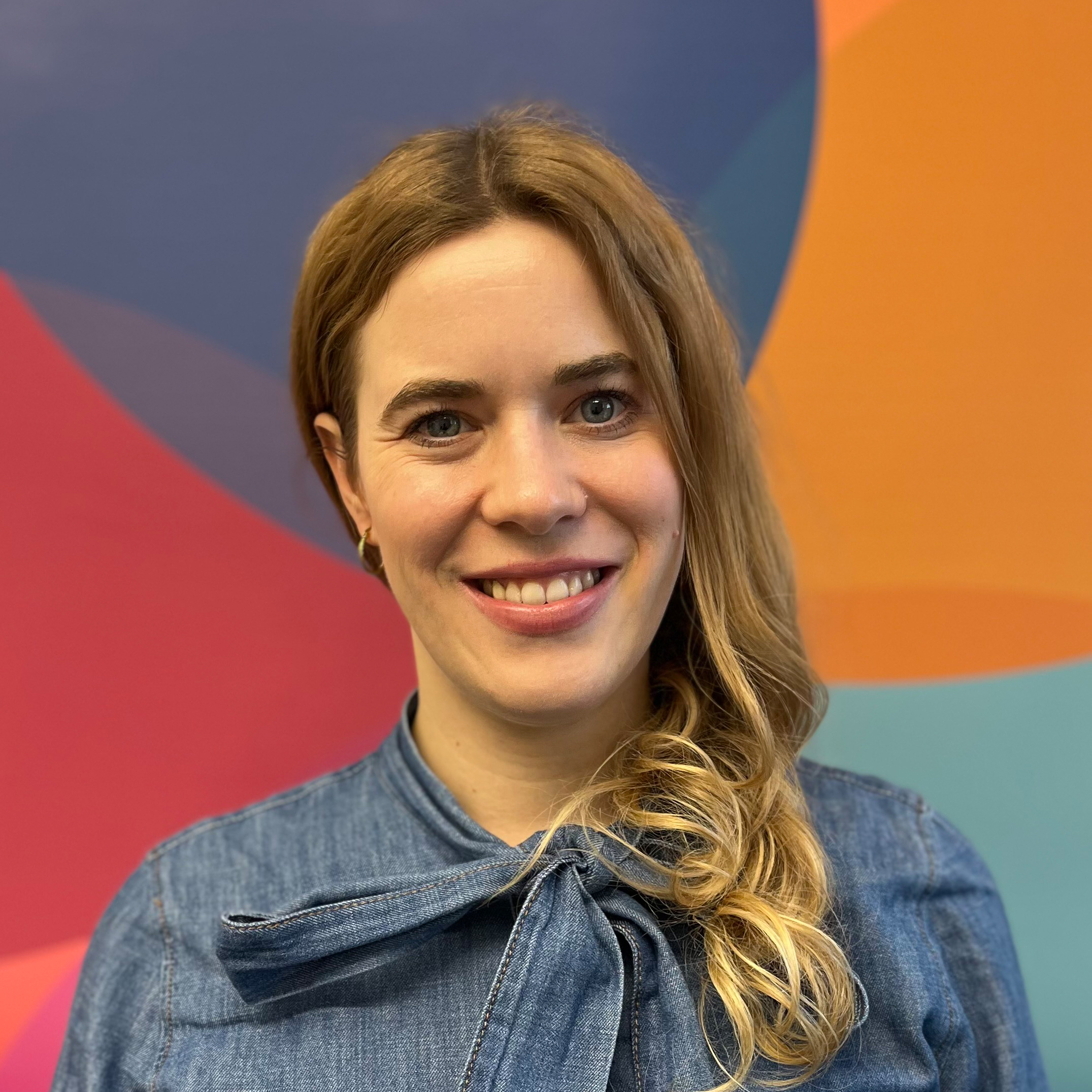
Laura Vanessa Müller-Schulz
Nationale Kontaktstelle für die deutsche Resilienzstrategie beim Bundesamt für Bevölkerungsschutz und Katastrophenhilfe
Stellvertretende Leiterin
Insights & Innovations
[DE] Ensuring effective and citizen-centric information für disaster preparedness
The German Federal Office for Civil Protection and Ministry of the Interior partnered with the Federal Chancellery’s unit for Citizen-Centred-Government to rethink communication on disaster preparedness. The joint project involved ethnographic research and interviews with citizens. As a result, central principles for designing effective information on disaster preparedness were identified and applied.
Dr. Berenike Waubert de Puiseau, Federal Chancellery Unit 612 - Citizen-Centred-Government
[DE] Resilienz im Alltag – Leben mit Wind und Sturm auf den Ostfriesischen und Penghu-Inseln
Das DFG-Forschungsprojekt CUORE (Cultures of Response) untersucht den dynamischen und kulturellen Charakter von Resilienz und wie Gemeinschaften – abhängig von kulturellen Kontexten und ortsspezifischen Bedingungen – sich an Stressoren anpassen und diese erfolgreich bewältigen. Im Fokus stehen zwei Fallstudien: Analysiert wird, wie die Bewohner und Bewohnerinnen der ostfriesischen Inseln Norderney und Baltrum (Deutschland) sowie der Penghu-Inseln (Taiwan) mit Wind und Sturm im Alltag umgehen und wie sie auf extreme Wetterereignisse wie Orkane, Monsune und Taifune reagieren – Naturphänomene, die dort allgegenwärtig sind.
Louisa Schneider, Wissenschaftliche Mitarbeiterin und Doktorandin, Integrative Geographie, Universität Hamburg
[EN] Precise Mapping and Prediction for Emergency Management – Project TEMA
Climate change is causing more frequent and damaging extreme weather events across the EU, increasing vulnerability. Project TEMA employs cutting-edge technology to analyze large volumes of data, predicting phenomena evolution and improve disaster management. TEMA-System supports response by providing situation visualization and predictions.
Margareta Mihalic Dogan, Project Manager, Bavarian Red Cross’ Security Research
The Rising Tide: Preparing for Social, Ecological, and Economic Disruptions in a Changing Climate
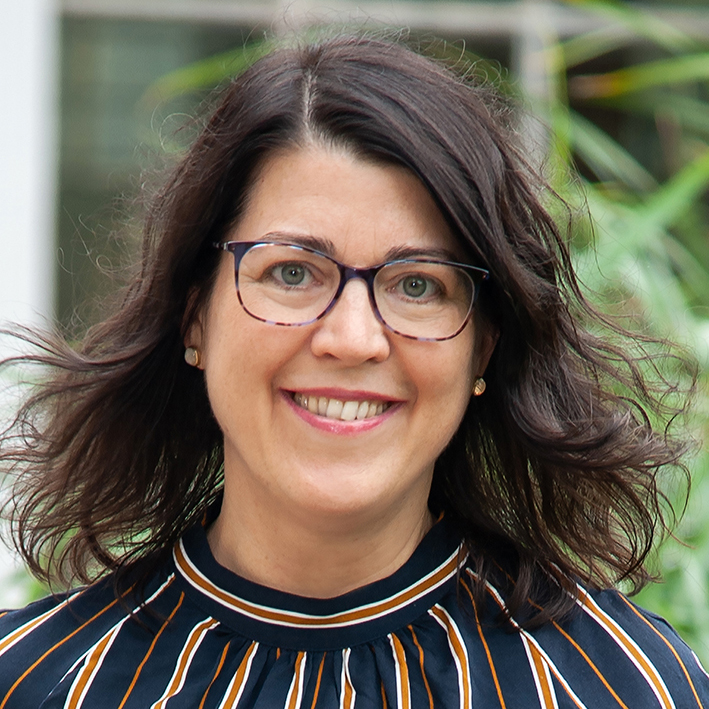
Prof. Dr. Angela Oels
Center for Climate Resilience - University of Augsburg
Chair of Political Science with a focus on Climate Policy
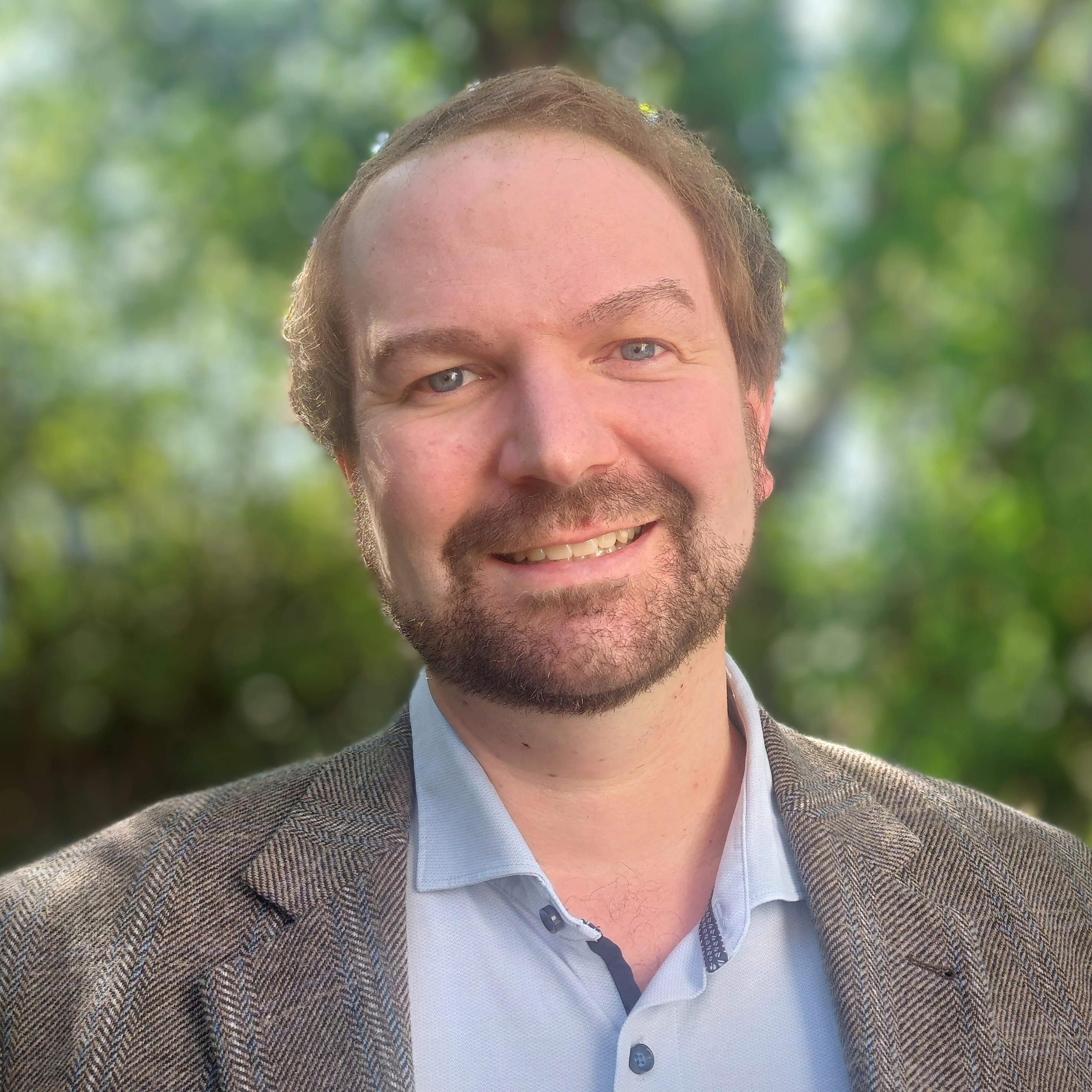
Dr. Benjamin Schraven
German Institute of Development and Sustainability (IDOS)
Associate Senior Fellow; Author; Advisor and Expert on "climate migration"
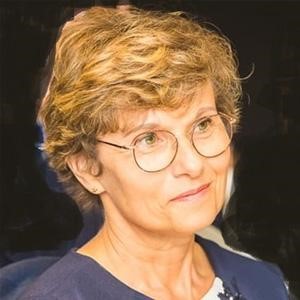
Dr. Estelle De Coning
World Meteorological Organization
Chief of the World Weather Research Programme
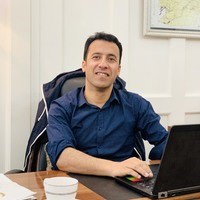
Dr. Fazlullah Akhtar
Center for Development Research (ZEF)
Senior Researcher
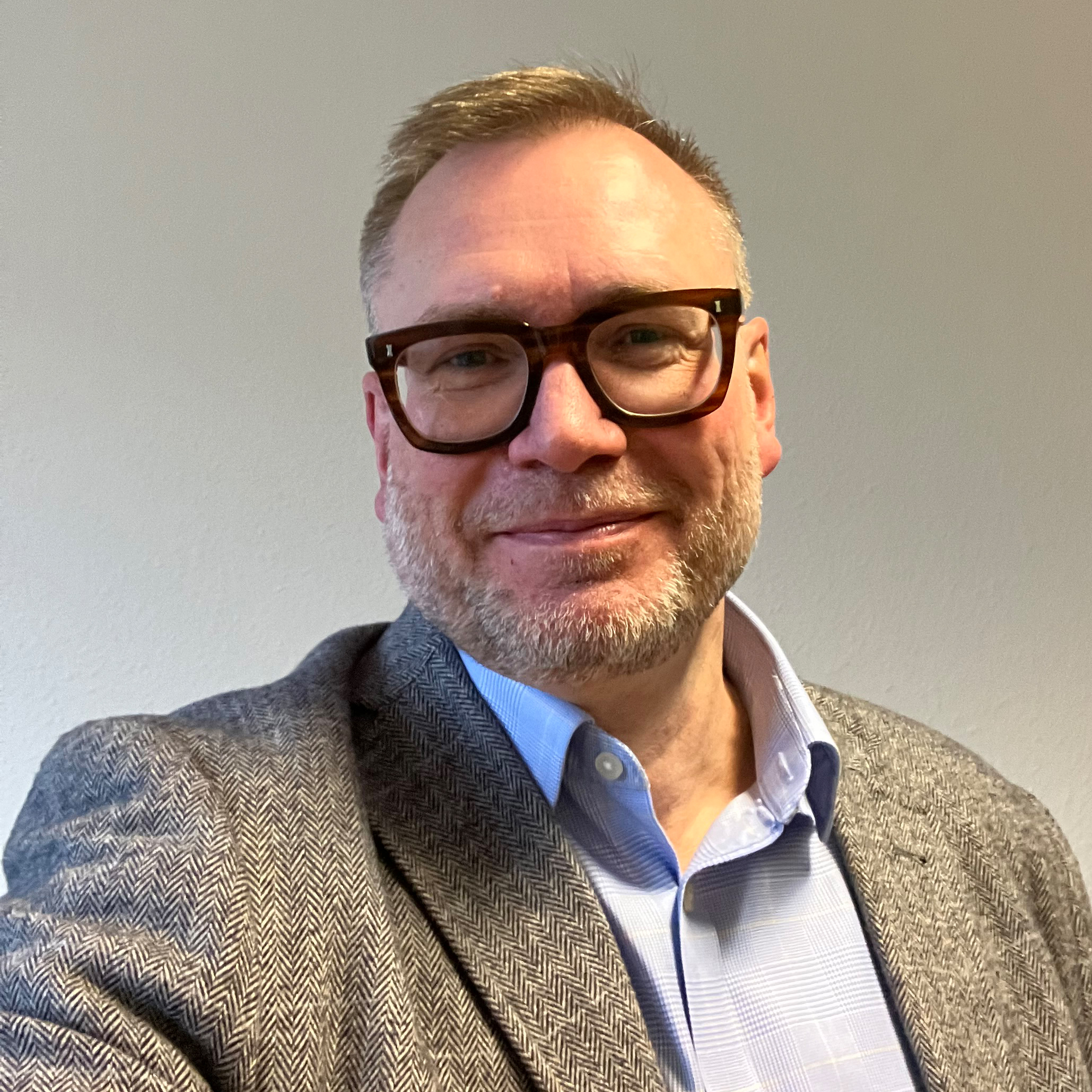
Lars Peter Nissen
ACAPS
Director
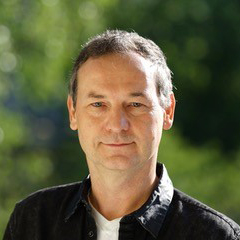
Wolf Harlander
-
Journalist and Author
Coffee and snacks
Parallel Sessions
Award Ceremony of the DKKV Promotional Award 2024
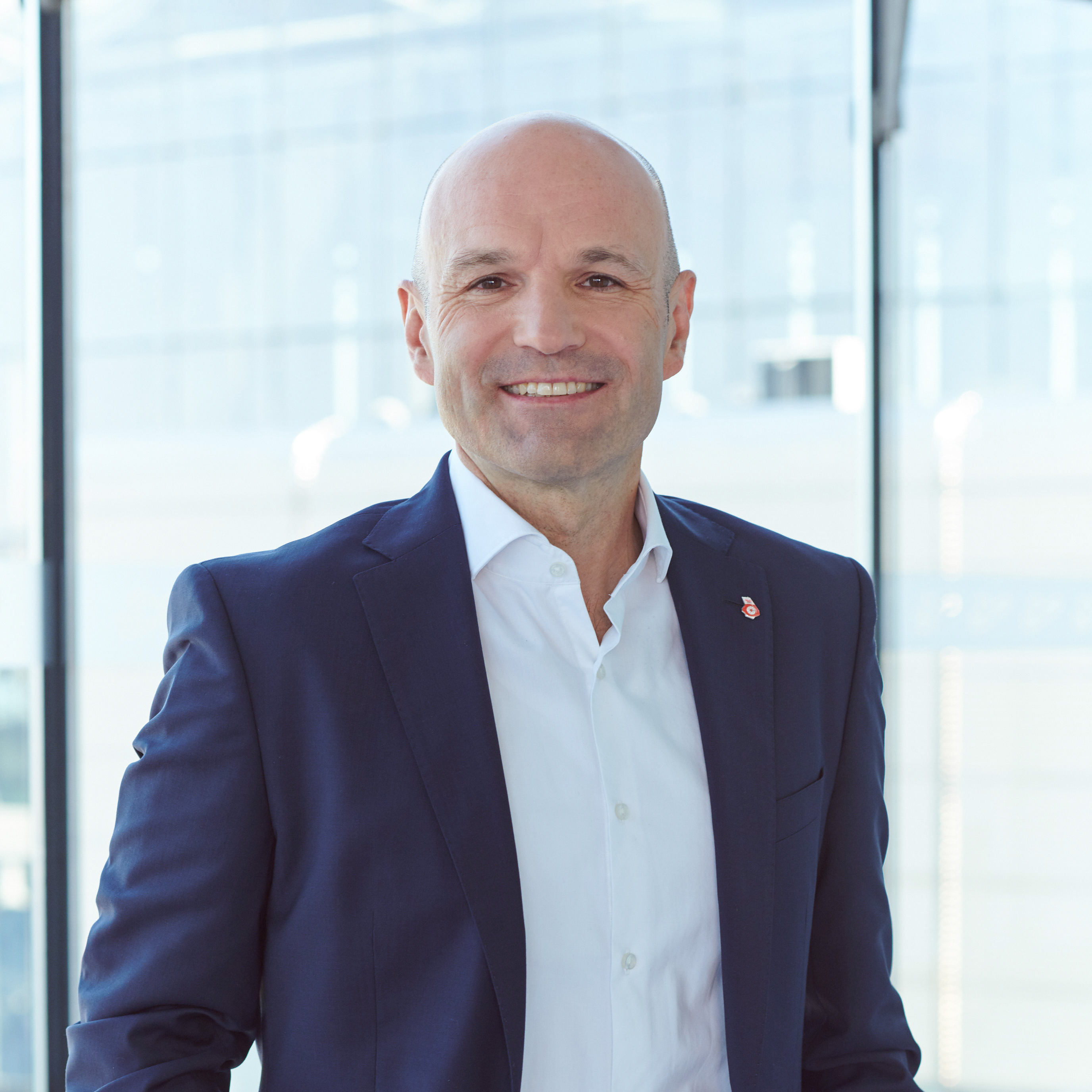
Dr. Krystian Pracz
DRF Stiftung Luftrettung gAG
Chairman of the Board

Leon Eckert
Bundestagsfraktion Bündnis 90/Die Grünen
DKKV Chairman of the Board and Member of the Bundestag
Leonie Eberhardt
Fraunhofer Institute for Industrial Engineering IAO
Research assistant and winner of the bachelor's category
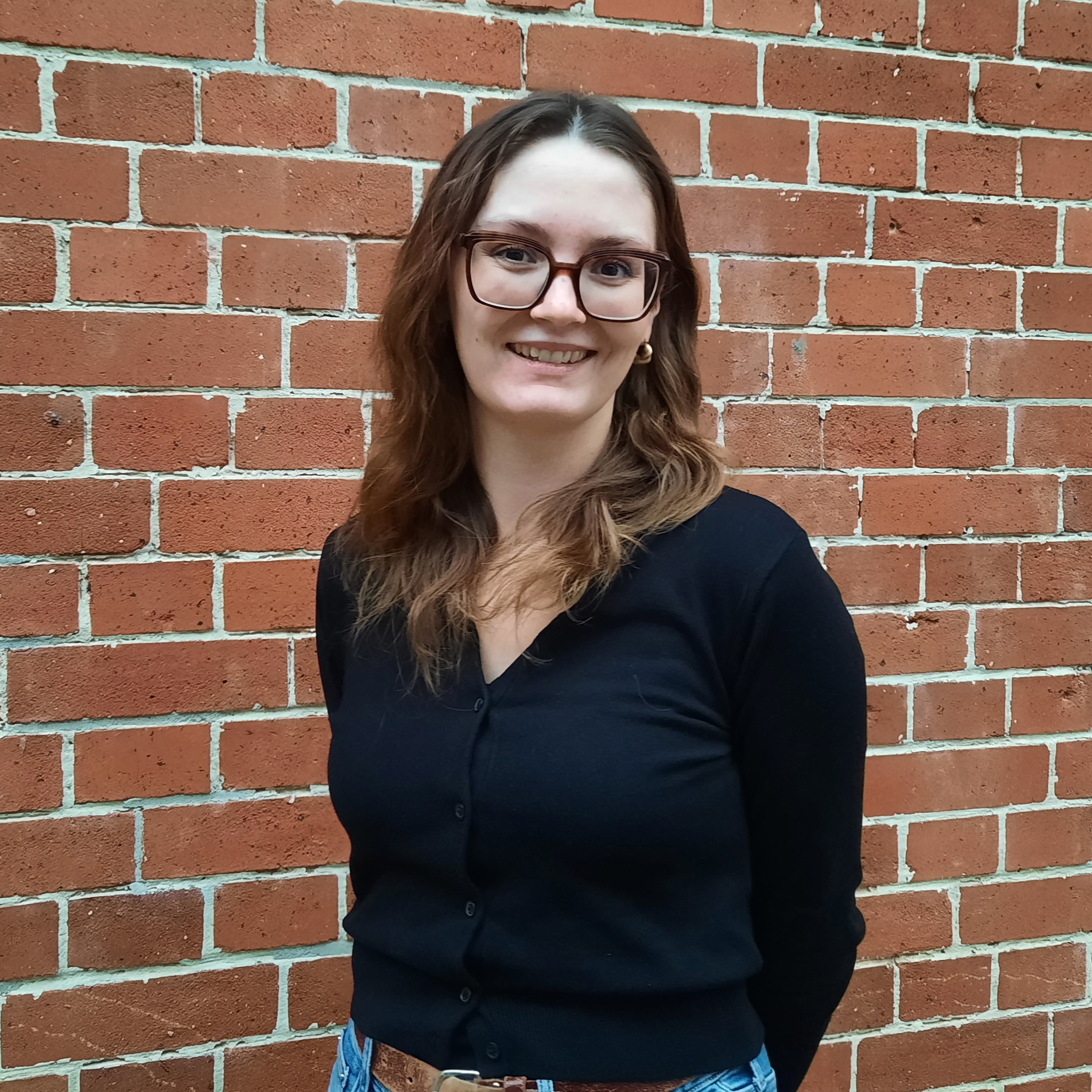
Paula Gnielinski
University of Potsdam
Winner of the master's category
Get-together: Reception and Networking
It’s raining cats and dogs: Extreme weather poses major challenges for disaster prevention
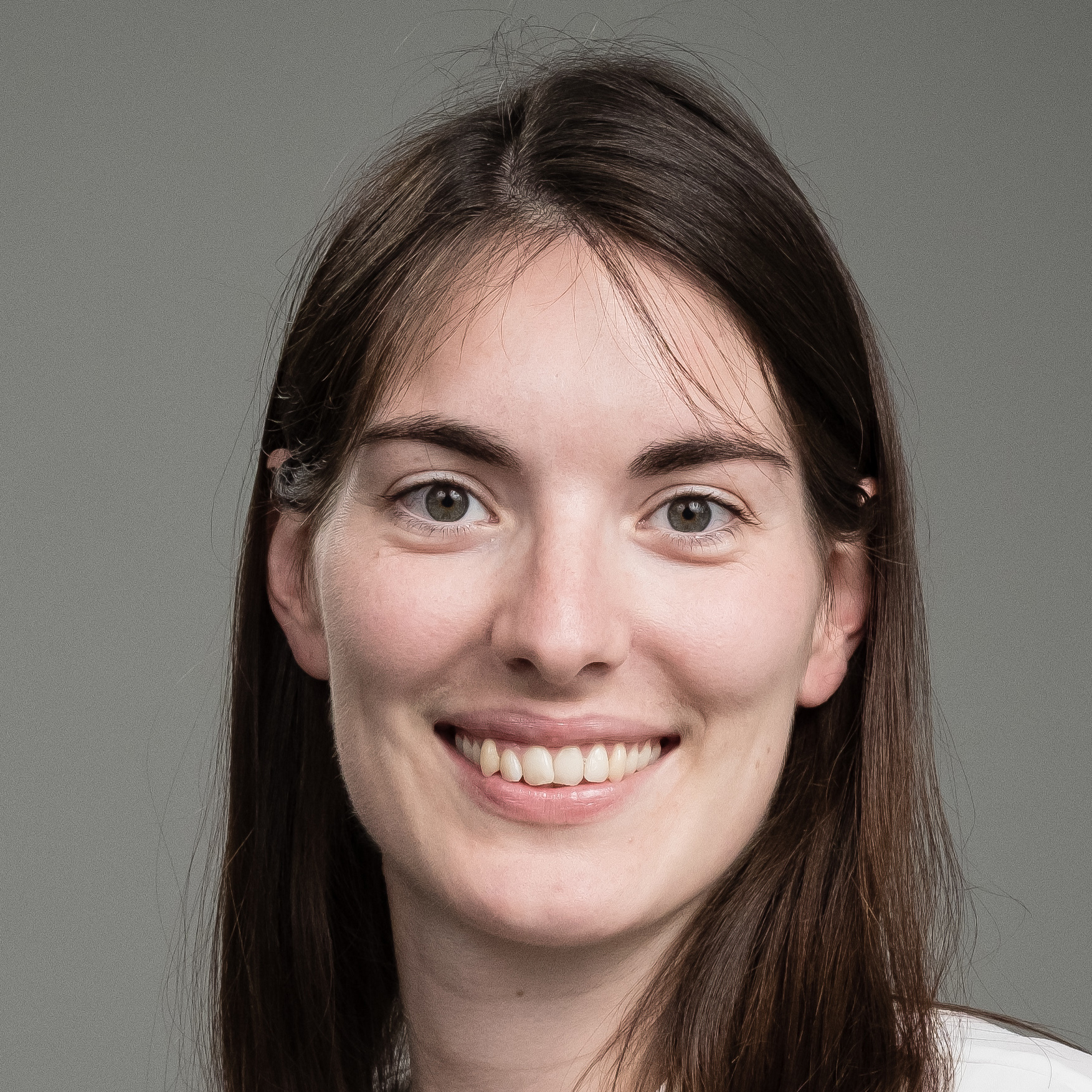
Alice Balbo
Deutscher Städtetag
Policy Advisor
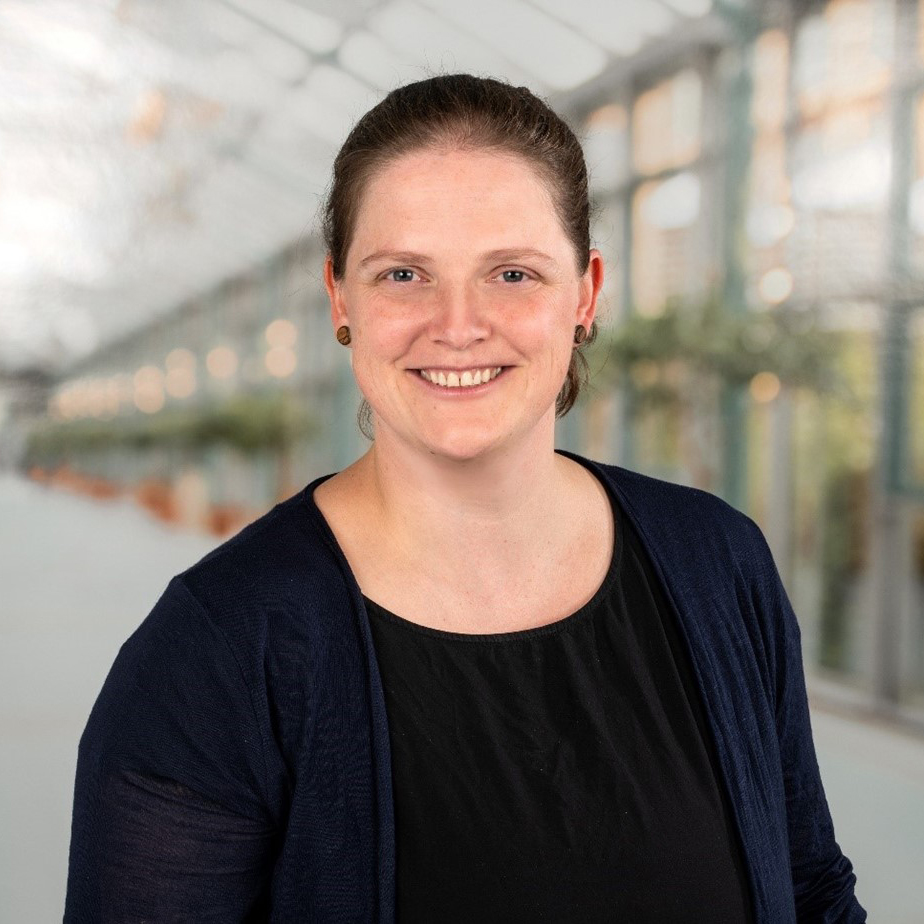
Dr. Andrea Nakoinz
KLUG - Deutsche Allianz Klimawandel und Gesundheit e.V.
Referentin Hitzeschutz und Klimamanagement
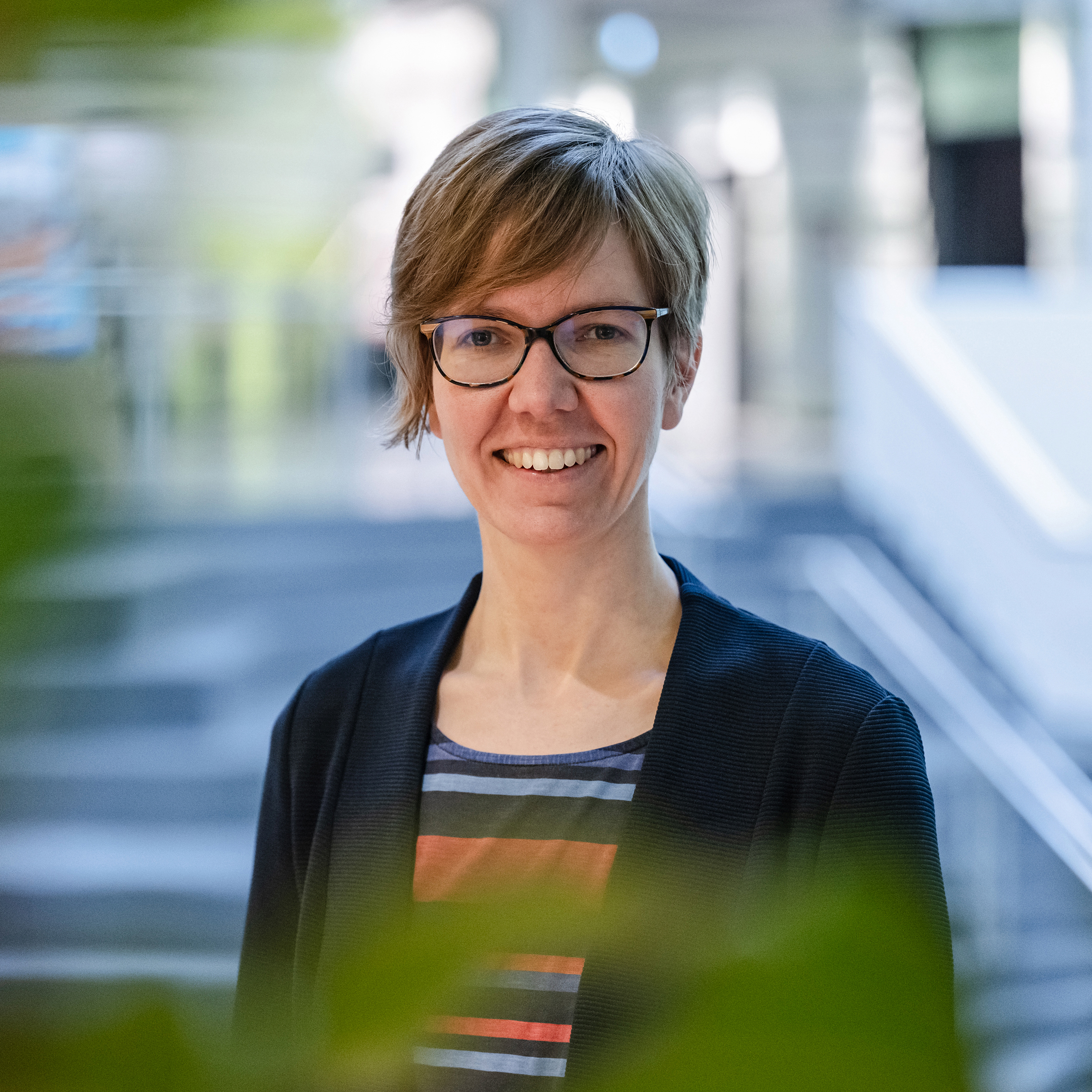
Annika Brieber
Klimahaus Bremerhaven
Meteorologin
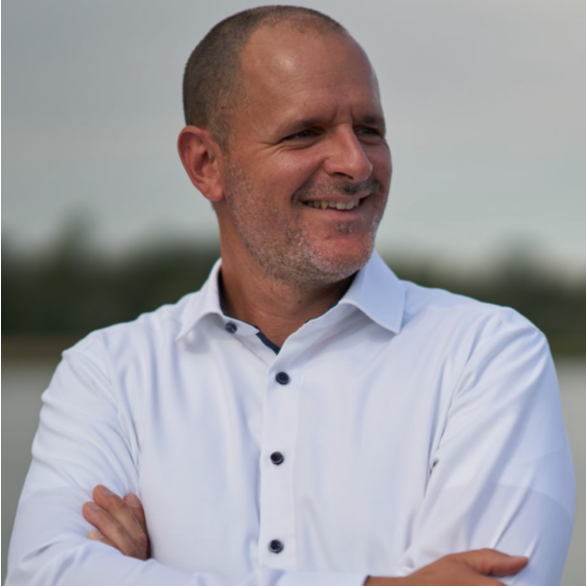
Daniel Hiller
Fraunhofer Institute for High-Speed-Dynamics; Ernst-Mach-Institute (EMI)
Head of Business Units Defence; Security & Resilience
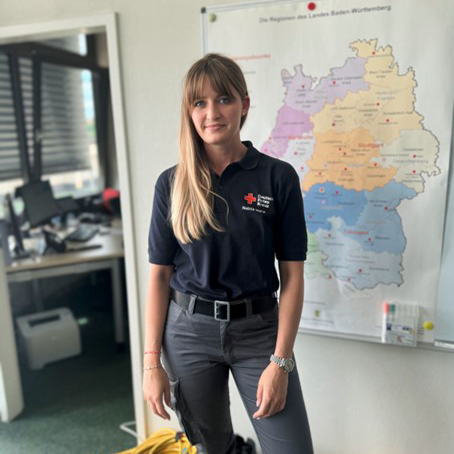
Nabila Munz
DRK-Landesverband Baden-Württemberg
Stv. Abteilungsleiterin Rotkreuzdienste und Referatsleitung Bevölkerungsschutz und Krisenmanagement
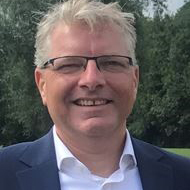
Thomas Krauhausen
E.ON SE/ UP KRITIS
Deputy CISO E.ON SE / Wirtschaftsvertreter des Stabes in der UP KRITIS
Coffee and snacks
Parallel Sessions
Lunch break
Parallel Sessions
Insights & Innovations
[DE] LÜKEX – Dürre und Hitzewelle
Das BBK führt intervallmäßig die Länder- und Ressortübergreifende Krisenmanagementübung (Exercise) LÜKEX durch. Ziel der LÜKEX ist es, das gemeinsame Krisenmanagement von Bund und Ländern unter Einbeziehung der Hilfsorganisationen und KRITIS-Unternehmen, auf strategischer Ebene zu verbessern. Die aktuelle LÜKEX 26 setzt sich dabei mit dem Thema „Dürre und Hitzewelle“ auseinander.
Film
[DE] Von der Theorie zur Praxis - Der Musterhitzeschutzplan Rettungsdienst
In Deutschland sterben jährlich Tausende Menschen an den Folgen von Hitze. Besonders für die Mitarbeitenden im Rettungsdienst ist Hitze eine große Belastung. Das Arbeitsaufkommen ist hoch und Rettungskräfte sind auch selbst gefährdet. Mit dem Musterhitzeschutzplan Rettungsdienst wird erstmals aufgezeigt, wie Rettungskräfte sich selbst und ihre Patientinnen und Patienten vor den Folgen extremer Hitze schützen können.
Dr. Andrea Nakoinz, Fachärztin für Anästhesie, AG Rettungsdienst Deutsche Allianz Klimawandel und Gesundheit
[DE] Klimaservices für die Zukunft beim Deutschen Wetterdienst
Wie warm wird der nächste Sommer? Welche Hitzewellen erwarten wir in den nächsten Jahren? Diesen und ähnlichen Fragen ist der Deutsche Wetterdienst mit seinen „Klima-Services für die Zukunft“ auf der Spur. Im Kontext des Klimawandels werden operationelle Produkte aus Klimavorhersagen für die nächsten Wochen, Monate und Jahre sowie Klimaprojektionen für die nächsten Jahrzehnte benötigt. Wir geben Ihnen einige Beispiele aus unserer (täglichen) Praxis.
Sabrina Wehring, Wissenschaftliche Mitarbeiterin, Deutscher Wetterdienst
[EN] Local Knowledge in Risk Assessments – Experiences from Pakistan
Quantitative risk assessments require diverse data, GIS tools, and expertise. Due to climate change, assessing rapidly changing conditions and integrating local knowledge – often qualitative – is crucial but challenging. We will share our experience integrating local knowledge in a Pakistan Anticipatory Action project for Indus Floods.
Anne Schauss, Heidelberg Institute for Geoinformation Technology (HeiGIT gGmbH)
Closing: Integrating Disaster Preparedness and Climate Action
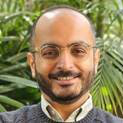
Dr. Aditya V. Bahadur
Red Cross Red Crescent Climate Centre
Director
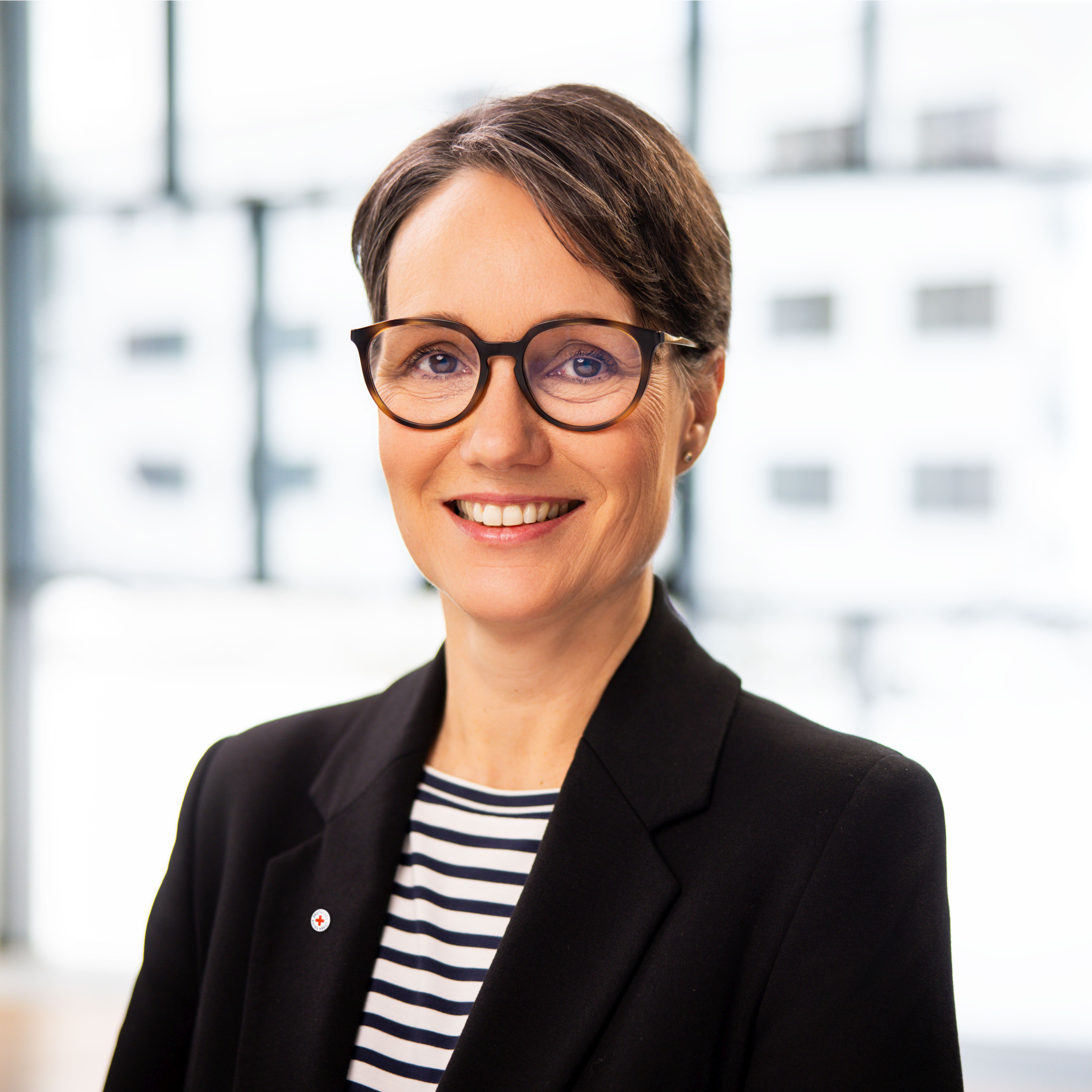
Alexandra Rüth
German Red Cross
Head Security Research & Innovation Transfer Department
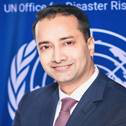
Dr. Animesh Kumar
United Nations Office for Disaster Risk Reduction
Head of Office Bonn
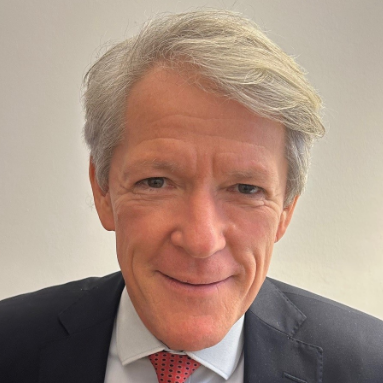
Dr. Peter Reuss
Federal Foreign Office
Head of Division S07 Humanitarian Assistance; International Disaster Response; Humanitarian Mine Action
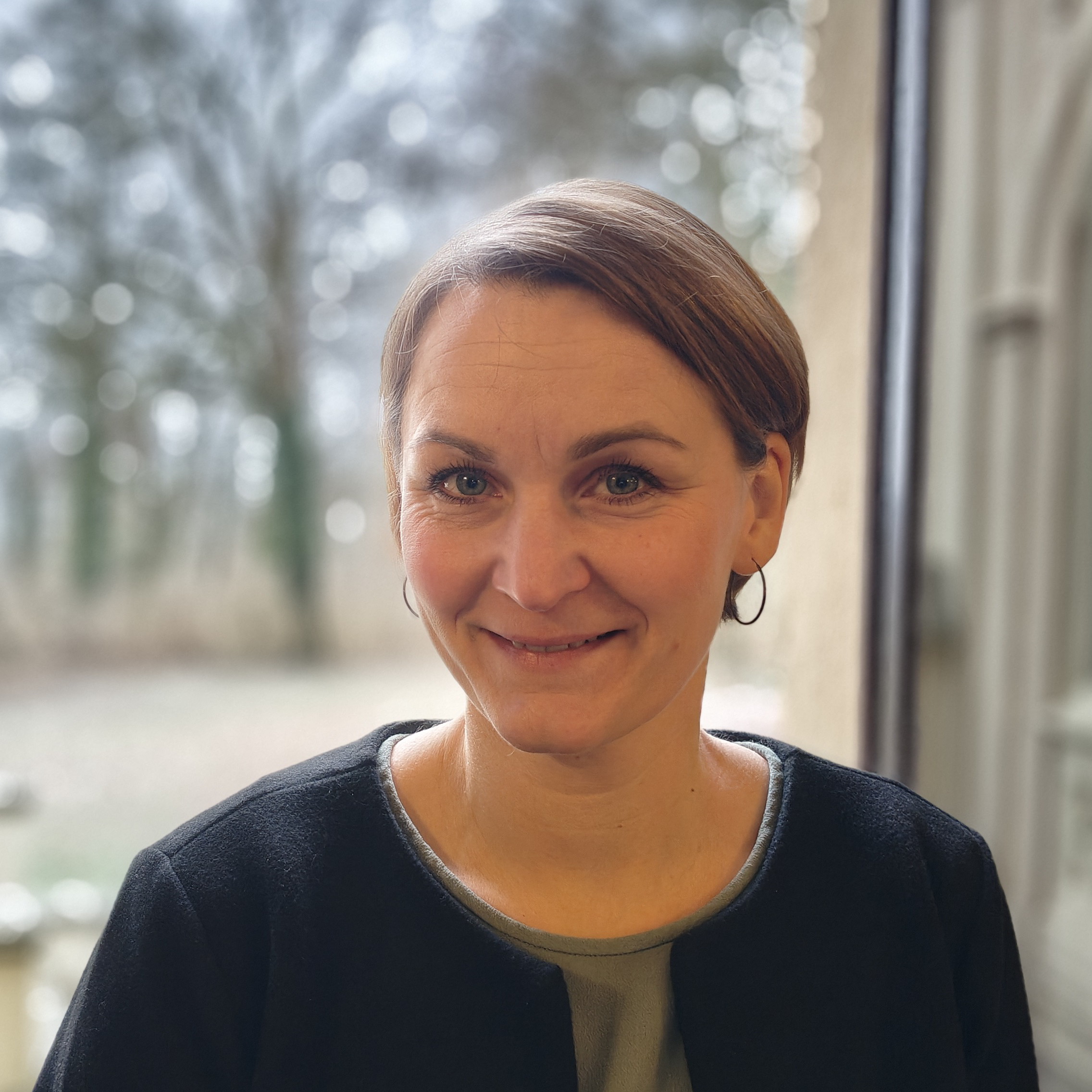
Dr. Tabea Lissner
Robert Bosch Stiftung GmbH
Director of the Climate Change Program
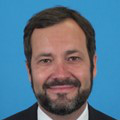
Dr. Tobias Plate
Federal Ministry of the Interior and Community
Head of Division Cooperation in Co-operative Federalism


